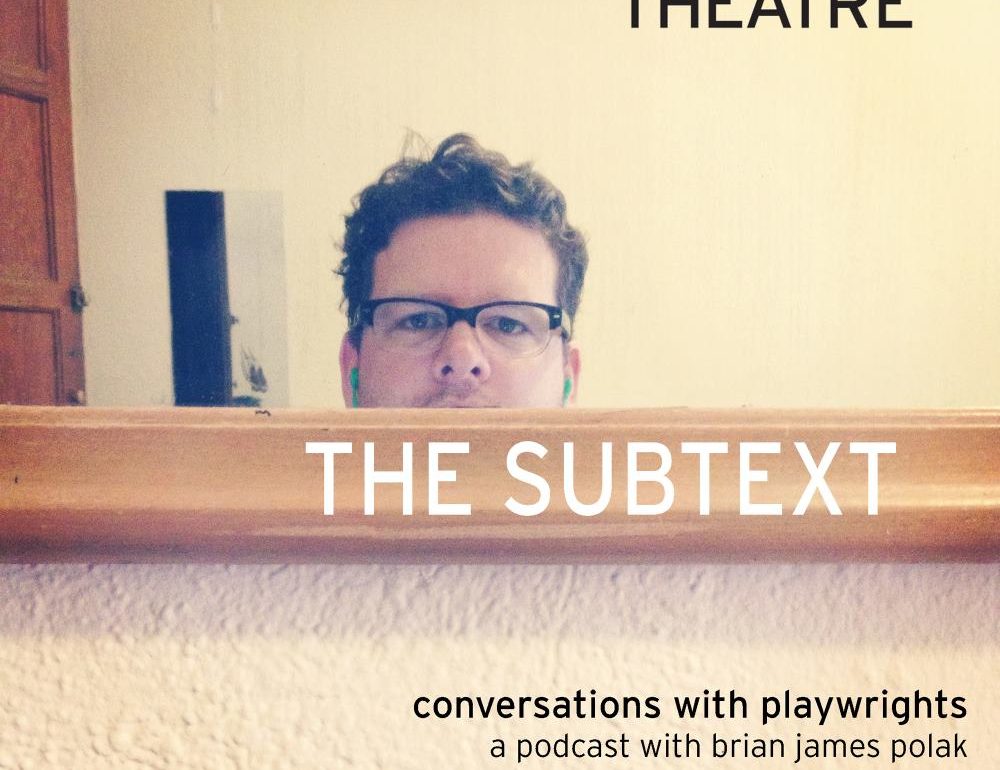This month Brian talks to Korde Arrington Tuttle, whose play graveyard shift plays at Chicago’s Goodman Theatre Feb. 7-Mar. 8.

Korde talks about inheriting the legacy of playing football and feeling the pressure to live up to the standard of having a father and family members who play professionally. It was a long process for him to overcome shame for being queer and the way femininity manifested itself in his body. He felt a sort of push and pull, and playing sports allowed him to continue to orbit around something masculine, as he felt the pressure to do. But instead of following directly in the family footsteps, he became a cheerleader at college, which gave him a sense of comfort as part of a group that understood him while remaining close to his family’s sport.
As an undergrad, spoken-word poetry became his entry point into the performing arts. He loved writing work that the could perform in the tradition of slam poetry, but in the process discovered that he loved to write work for others to perform. He also soon learned that his natural storytelling style was more aligned with the thematic contemplation of drama than with the immediate vocal responses and snaps elicited by good slam poetry.
Things really came together for Tuttle in the third year of grad school, when he was able to collaborate with two other queer Black artists. That gave him a glimpse into what being a theatre artist could be in his life. And though he still felt uncertainty about whether or not he could have an actual playwriting career, the support of fellow artists, including Christopher Shinn, encouraged him to keep going, which made all the difference to him.
Audio Player

